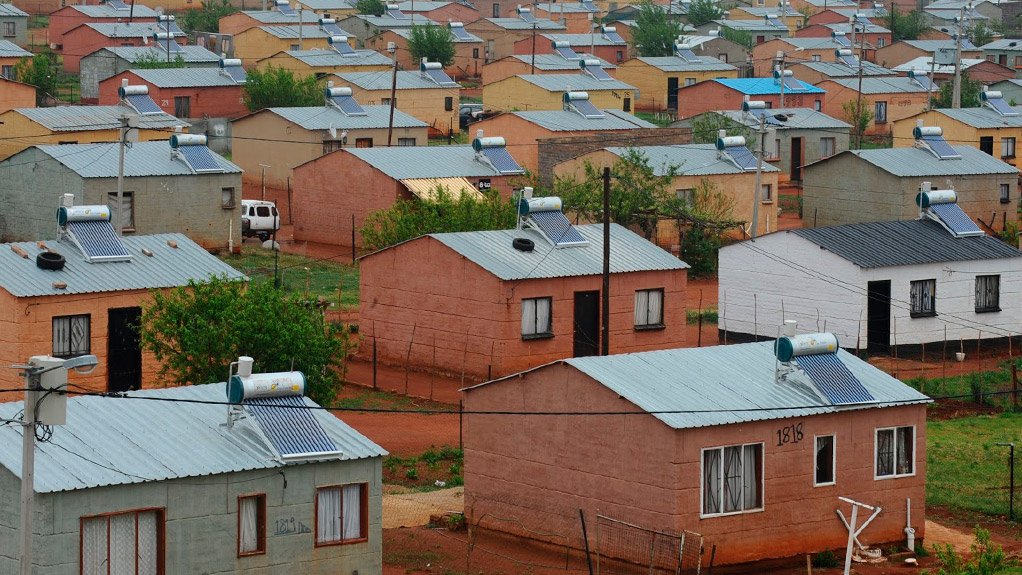Treasury plans to speed up the transfer of ownership of homes worth R180-billion to about one million poor people from April, granting them access to assets that could be sold or used as collateral, it said on Tuesday.
Broadening access to affordable housing for black communities trapped in squalid shanty towns has been a government priority since the end of apartheid in 1994, but shoddily-built homes and corruption has hobbled delivery, leading to violent protests around the country.
Ahead of next year's national elections, land and property ownership in Africa’s most industrialised economy is a hot button topic, as the African National Congress-led government presses ahead with its plan to expropriate land without compensation, a policy that has unnerved investors.
"At a conservative rate we estimate that we could unlock R180-billion of dead assets for poor households," James Archer, director for human settlements at the Treasury, told Reuters.
"There is a massive amount of equity that is missing which poor households could have used to finance their children going to university, for example," he said.
Officials say there are an estimated one-million South Africans who do not have title deeds to their homes, and the onus will be on provincial authorities to trace them and re-establish ownership.
"The measure of success is to get those 818 262 homes, which is the housing department’s indicator of those not on register, we want to see those delivered over the next three years, but more than that, we do not want the new houses that are being built to cause a new backlog," he said. Treasury documents show there are an estimated one million such homes.
NO EASY TASK
From April, the Treasury and the department of human settlements, will spend an estimated R1.6-billion over three years to reduce the backlog of residents without formal ownership of their homes by among other things, paying the legal conveyancing required to get the deeds registered to the proper owners.
It is estimated that one in five owners of state-subsidised homes are not on the deeds registry.
Built for a single family earning less than R3 500 a month, equal to South Africa's minimum wage, the first low-cost housing projects were a basic two room brick structure with corrugated iron roof sheeting.
Over the years this changed to a five room brick dwelling, with either corrugated iron roof sheeting or clay roof tiles and with lights and electricity.
"By not having title deeds in place we are denying the opportunity to millions of South Africans to interact in the property market," said Francois Viruly, a property economist at the University of Cape Town.
Officials say, however, that the task of handing over title deeds to the rightful owners is no easy task.
Since 1994, around 4.5-million low-cost homes have been built and many of them have been sold informally, often more than once, or the intended beneficiary has died.
"To find the original beneficiary can be a mega-task ... and where there has been an informal purchasing you can't now prejudice the new owner," Archer said.
EMAIL THIS ARTICLE SAVE THIS ARTICLE
To subscribe email subscriptions@creamermedia.co.za or click here
To advertise email advertising@creamermedia.co.za or click here











